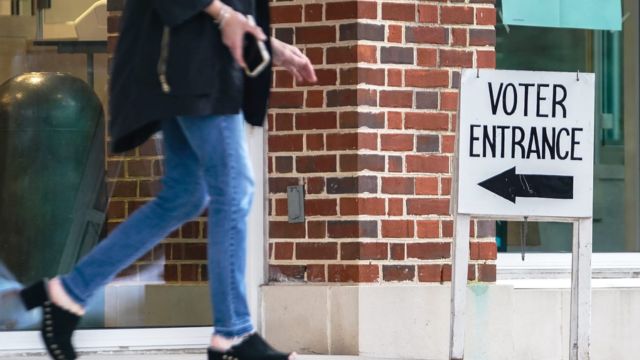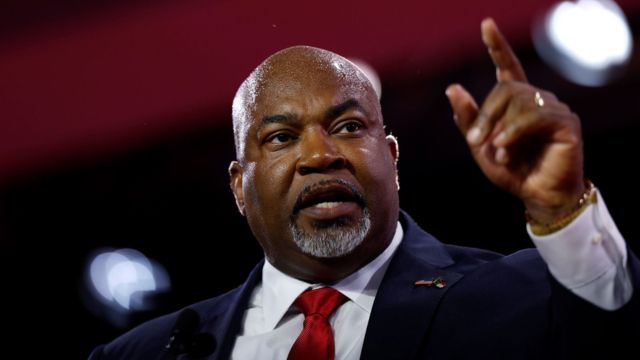Norma Anderson, a 91-year-old who carries a copy of the US Constitution in her purse, has emerged as the driving force behind the effort to bar Donald Trump from the presidential ballot in Colorado. Her conviction stems from the belief that Trump’s involvement in the January 6, 2021, Capitol riot violated the Constitution, rendering him ineligible for office.
This legal battle has now ascended to the US Supreme Court, and its outcome holds significant implications for the upcoming presidential election.
At the core of Anderson’s case lies the 14th Amendment to the US Constitution, enacted in 1868 after the Civil War, which addresses issues related to due process and citizenship.
This amendment includes a clause excluding individuals engaged in insurrection or rebellion against the United States from holding office. Anderson and fellow plaintiffs argue that Trump’s actions on January 6 fall under this constitutional prohibition, raising critical questions about his eligibility.
In Colorado, state judges ruled in favor of Anderson, preventing Trump from participating in the Republican Party primary on March 5. However, Trump’s legal team promptly appealed this decision to the US Supreme Court, where nine justices are currently deliberating.
The eventual ruling could significantly influence the trajectory of the 2024 presidential election, especially as similar legal challenges surface in other states.

During oral arguments at the Supreme Court, justices expressed skepticism about the merits of removing a popular candidate from the ballot. Both conservative and liberal members voiced concerns about allowing individual states to independently determine candidate eligibility, emphasizing the state’s pivotal role in running elections.
Despite these reservations, Anderson remains optimistic about the success of her legal action.
The historical context of the 14th Amendment adds complexity to the debate. Initially targeting former Confederate leaders in the 19th century, this constitutional provision is now at the forefront of discussions surrounding Trump’s eligibility.
Anderson and her co-plaintiffs contend that the clause should be applied to Trump, despite the majority of justices appearing wary of removing a prominent candidate from the ballot.
As a lifelong Republican, Anderson finds the prospect of Trump returning to the White House appalling, citing his behavior as antithetical to the principles on which America was founded.
Related News:
- Polarizing Politics: Texas in the Spotlight
- Loeffler Asserts: Affair with Willis Undermines Fairness of Trump Trial in Georgia
- Trump’s Remarks on Navalny’s Death as ‘Unbecoming of Human Dignity’
Despite being labeled a “Republican In Name Only” (RINO) by Trump’s campaign, Anderson remains steadfast in her commitment. She emphasizes the importance of equal treatment for all candidates and expresses hope for a favorable legal outcome.















+ There are no comments
Add yours